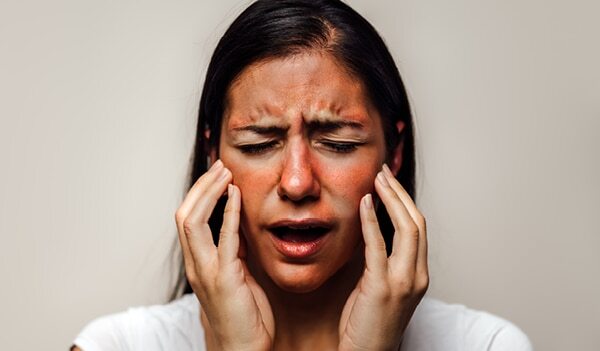Sensitive skin can be a pain to deal with. No, honestly, not only do people with sensitive skin have to be extra cautious when it comes to choosing skin care and makeup products, but they also have to take care that they do not touch their skin as frequently, for fear of it breaking out. This cannot be an easy situation to deal with, right? One such allergic situation is when you have eczema on your face. As if having it anywhere else on the body wasn't enough, phew! Eczema on the face can happen to people at any age. It does not matter whether it's a baby or an adult. It can also vary from mild to severe. Whatever the case, you should know how to deal with it. Recognising it in the early stages helps you cope and also prevents it from worsening. Of course, you should consult a specialist, but there are changes that you can bring about in your lifestyle as well to deal with eczema on your face. In this article, we will talk all about the condition, what actually causes it, how you can cope with it and a lot more. To deal with any condition, it is important to understand it. Let's start.
Natural Argan Oil & Lavender Sulfate Free Anti-Frizz Shampoo - 400ml
₹658
₹658
SHOP NOW








